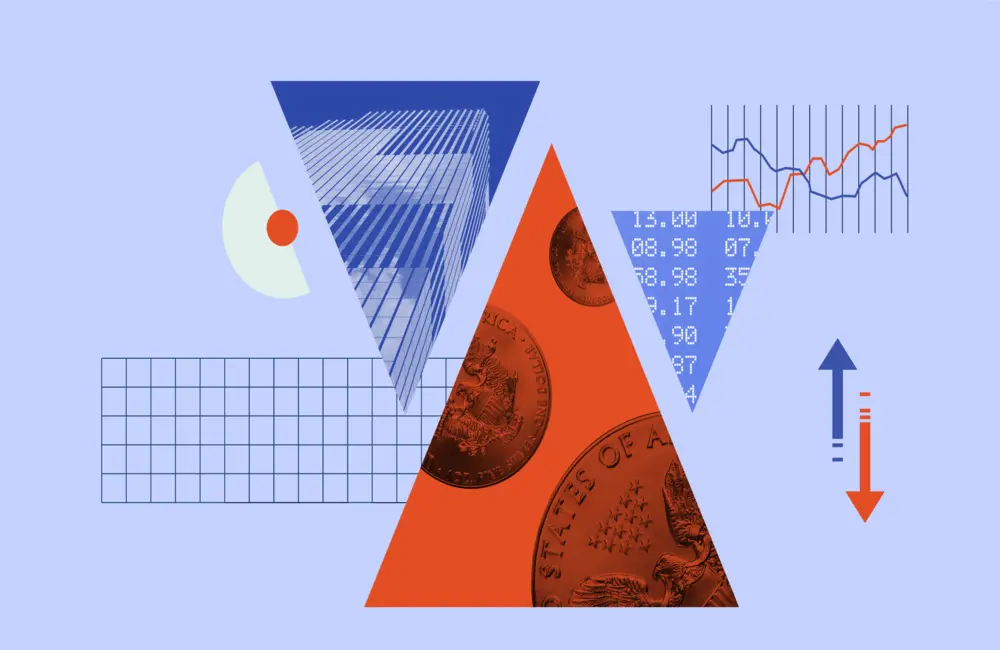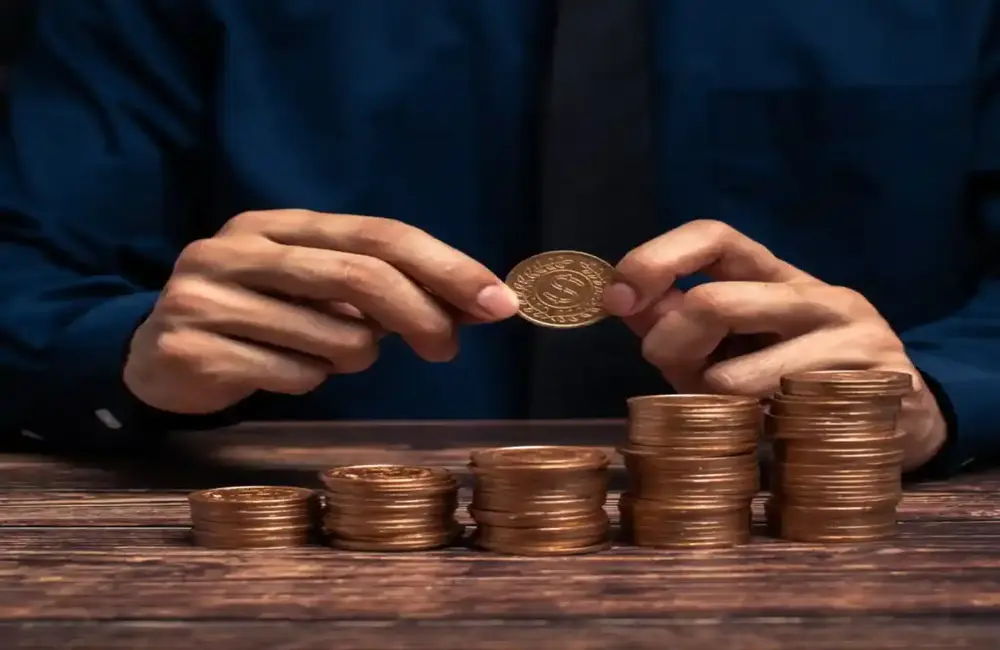I’m always a bit perplexed by the adoption of Black Friday in Australia
Black Friday became a huge shopping day in the US because it falls on the day after Thanksgiving. Once Thanksgiving is over people turn their focus to Christmas. And because Thanksgiving always falls on a Thursday many people have the day off so they can have a long weekend.
A day off and the start of the Christmas season led many proactive people to go shopping. Sales started to induce less proactive people to go shopping. Black Friday currently has morphed into some sort of perverse gladiatorial contest where Americans pummel each other in Walmart for the last cheap TV as chronically underpaid retail workers try to pry the combatants apart.
Clearly I’m not a fan of Black Friday. I am a fan of Thanksgiving. It is my favourite holiday. A whole day to eat with friends and family and reflect on things you are thankful for. This year will mark the 8th Thanksgiving my wife and I have hosted in Sydney. Our friends have reluctantly embraced spending a day where we force them to eat food designed for a cold November in New England in the heat of Australia.
In the Thanksgiving spirit I have listed some things I’m thankful for as an investor. I’ve decided to skip the obvious and focus on the wisdom I’ve gained since I started investing. I’m thankful that I’ve learned from the experience of other investors and through my own mistakes.
Keep your backpack light
Buy experiences instead of things; buy many small pleasures instead of a few big ones; pay now for things you can look forward to and enjoy later.
– David Brooks
The 2009 film Up in the Air starring George Clooney tells the tale of a consultant who travels around the US and fires people. It is based on a novel by Walter Kirk. The character played by George Clooney is trying to live a life unencumbered by relationships and connections. Eventually he sees the error of his ways.
There is one scene that always struck me and shaped the way I’ve thought about my finances. The Clooney character is on stage giving a speech and he asks the audience to imagine that they are carrying a backpack. And each new obligation in their life is making the backpack heavier. And the heavier it gets the more it restricts their movements. Until eventually they can’t move at all.
In the movie Clooney’s character eventually starts talking about relationships. But that wasn’t the part that interested me. It was this idea that stuff weighs us down. And I thought about this in terms of financial obligations.
There are assets that weigh us down and there are assets that set us free. Financial assets including bonds and shares can be a pathway to independence. They generate cash flows and can be converted into cash. Other assets like cars and homes have negative cash flows for financing and maintenance costs. Running up personal debt to acquire stuff also creates negative cash flows.
This is not a call to avoid purchasing property and acquiring the other trappings of adulthood. It is a call to make sure these purchases do not create such a burden they unduly restrict optionality for the future. I don’t make this call lightly as I understand there are a lot of emotions involved which give these items meaning well beyond their simple utility. And this certainly applies to other financial obligations like rent. I am also very aware that many people don’t have this choice as obligations take up the vast majority of earnings.
There are countless people who make multiples more money than I do. Yet some of these people spend every last dollar they make. Each pay cheque is dedicated to maintaining a lifestyle that may not correspond to their core values or to what makes them happy. Some people are caught up in projecting an aura of success rather than building a sustainable and secure life. A case of our possessions owning us instead of the other way around.
After watching the scene in Up in the Air I’ve tried to be thoughtful about what I put in my backpack. I want to be careful because I know a ‘want’ quickly becomes a new minimum standard. I am thankful that I came to this realisation early and I’ve been able to retain flexibility in my own life and create a personal budget with lots of discretionary spending.
The race is not always to the swift
I constantly remind myself that my results are not a reflection of one great effort but rather the sum of many small efforts every day.
– Robert Collier
What springs to mind when thinking about a great investor? Is it being decisive and action oriented? Is it being the smartest person in the room? Is it constantly responding to market conditions to stay ahead of the herd?
One of the reasons so many people struggle with investing is because there is such a misconception about what success looks like. And it is not an accident we have this misconception. If investing takes superhuman intelligence and constant vigilance we have no choice but to employ highly paid professionals.
The more time I spent studying investment success the more obvious it became that anyone can be successful. The traits needed to succeed are consistency, patience, and persistence. None of those qualities are particularly exciting. Nobody is going to make a movie about building wealth through saving and reinvesting dividends.
The .com crash taught me that a good story does not make a good investment and that even the most sophisticated investor can get caught up in hype. And as I searched for something tangible to replace the hype of the internet boom I read Stocks for the Long Run. Jeremy Siegel provided data that showed slow and steady wins the race if you find companies with competitive advantages, reasonable valuations and growing dividends. It was music to my ears.
I’m thankful that I was able to find my pathway early on. I’m humble enough to know that my approach is not






















